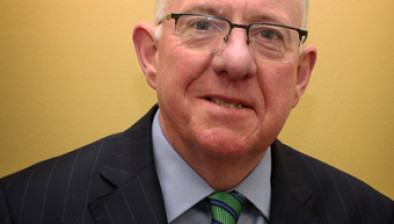New approach to sexual offenders in Irish prisons

A new approach to managing sexual offenders, with a particularly strong focus on rehabilitation, has been adopted by Irish prisons.
The new model of intervention, called ‘New Chapters’, was developed by the Irish Prison Service following a review of the Building Better Lives (BBL) programme conducted by Canadian expert Professor Liam Marshall between February 2023 and July 2024.
Anyone committed to custody from 1 November 2024 who is convicted of a current sexual offence will be managed under the new model.
New Chapters will be delivered by a team of psychologists who have specific clinical expertise in the assessment and treatment of men convicted of a sexual offence.
Treatment will offer a broad range of programmes targeting the needs, risks and strengths of a much larger number of people in custody. This new model reflects a move away from the concept of a one-size-fits-all model of treatment for people convicted of a sexual offence.
Caron McCaffery, director-general of the Irish Prison Service, said: “New Chapters will transform how we work with people convicted of a sexual offence.
“It will provide a greater level of rehabilitation opportunities for people, whatever their situation or circumstances, and help to reintegrate them back into society by reducing existing barriers to engagement, and increase the historically low participation rates in treatment programmes.”
Each programme in New Chapters has been designed to help people to make positive changes in their lives, to address the known risk factors relevant to sexual offending, to prevent re-offending and/or to prepare people for release.
New Chapters will be rolled out initially in the Midlands and Arbour Hill Prisons, where programmes will be introduced on a phased basis in accordance with staffing levels. Other prisons will be included in the model once funding is available to cater for additional staffing requirements.
The new model will include people who deny and minimise their offence(s) and people in all risk categories, regardless of sentence length.
It will also cater for the treatment needs of autistic people, people with intellectual disabilities or other cognitive challenges, those with complex mental health problems, and those who have been sentenced for accessing child sexual exploitation materials (CSEM) and other internet-based sexual offending.










